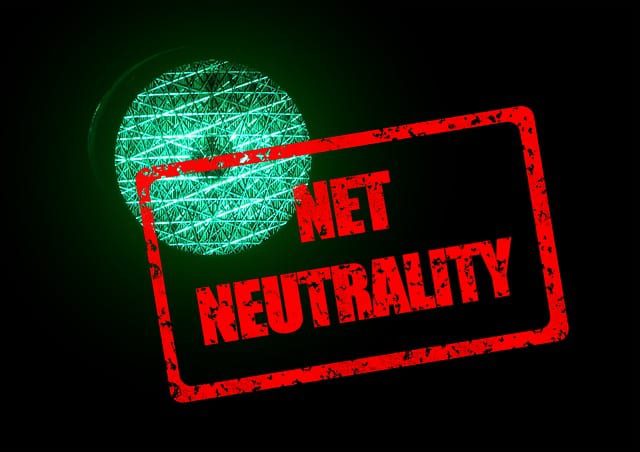The Threat Over Net Neutrality is Real – You Now Need a VPN All the More
The concerned voices over net neutrality have gained momentum. It all started two years ago when the FCC (Federal Communications Commission) placed some rules on the internet. These “Title II” rules were created to regulate the internet and to give more power to the government to control the data generated and shared by the users.

The results of these regulations were out in March 2017 and were full of warnings. The FCC released documents related to net neutrality complaints filed by the consumers against their ISPs.
The problem was that the documents were published too late. They were released just a day prior to the proposal made by FCC Chairman Aji Pai to revoke the net neutrality rules.
U.S. President Donald Trump signed the proposal in April 2017, repealing Obama-era internet privacy rules. This was a major blow to consumer privacy advocates and a victory for the ISPs.
Ajit Pai’s proposal altered the standards implemented in the Obama era. These standards determined if ISPs were delivering quality services and protecting consumer’s private data.
What Is Net Neutrality?
Net neutrality is an idea that states that all online data should be treated equally. When there is no net neutrality, ISPs are free to throttle traffic to non-paying websites and provide high speed connection for the websites that pay the ISPs, leading to fast and slow lanes on the internet. They could also charge their consumers extra for visiting popular websites like Facebook and YouTube. You might get super slow speed on Gmail, forcing you to select another email provider – someone promoted by your ISP. Without net neutrality, your data consumption will be decided by your broadband provider.
A Divided World
With net neutrality revoked, the big players will promote their own websites on certain ISPs’ networks, which means small website’s speed will be throttled, leading to an internet where only big players will remain and the small ones will die out.
The Day of Action
In July this year, a group of tech companies posted their comments on net neutrality to make FCC listen to their voices. Several large groups such as Amazon and Microsoft came forward to file their comments. It seems all of that went in vain.
Now that it’s too late to save net neutrality, what can consumers do to stop ISPs from spying on their data?
Try a VPN
There is a reason why many privacy experts advocate the use of a VPN. A VPN encrypts your traffic and changes your IP address so your ISP is unable to check your online activities. All you need to do is connect to your VPN before browsing the internet.
All the data that is leaving your system goes to the virtual network of the VPN service and gets encrypted there. This encrypted data is sent to the website or application you use. Since the data is encrypted, your ISP cannot see who it belongs to and what it contains.
When your online activities are hidden from the ISP, they cannot see the traffic and hence cannot throttle it. The good thing about a VPN is that it doesn’t just protect you from the government, it also keeps you safe from hackers.
There are several VPN service providers in the market. While you can use a free service, it’s always advisable to use a paid service as free ones can be risky. There are several VPNs that provide great security features and are available at an affordable price.
We hope net neutrality is revived – we stand for a fair online world. We also stand for privacy and protection. Use a VPN, stay safe.





